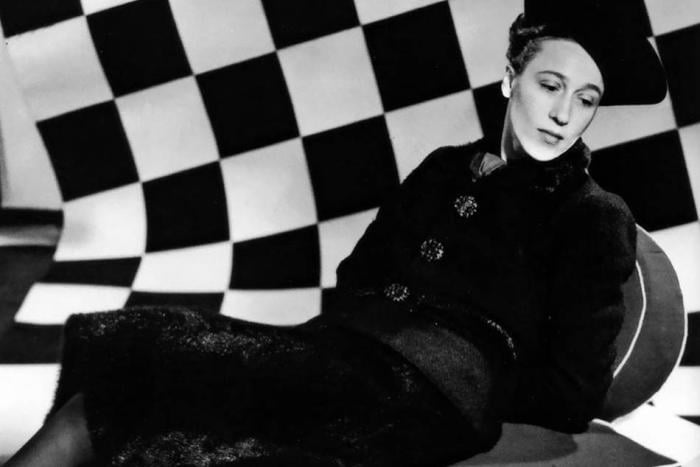So I suppose this is where I should come clean and admit that while I enjoyed reading both The Great Gatsby and The Sun Also Rises, I’ve also long thought that Fitzgerald and Hemingway take up a much bigger space in the canon than the actual literary merit of those two books should permit. I might not go quite so far as to call either of those American modernist novels “a sort of aesthetic Ponzi scheme,” as Jared Bland wrote in the Globe and Mail about The Great Gatsby earlier this week. The movie, however, looks like it will be a spectacular celebration of the empty glamour Bland finds in the novel. I mean, did you see those Tiffany tie-in jewels?
“DON’T: Tweet zero times a day. Because then you’re no better than the animals!”
“I sat in a suite at the Savoy hotel, in privilege, resenting the woeful ratbag I once was who, for all his problems, had drugs.” This one’s from earlier this year, but I only happened on Russell Brand describing the pains and joys of sobrietyafter years of addiction this week. Hat tip to Hazlitt’s own Jowita Bydlowska, who knows a thing or two about all this herself.
Last month a friend directed me to an interview with a poet/artist I am begrudgingly fascinated by, in which he said, to another conceptual poet/scholar, “I disobey laws that no longer exist, but I acquire the full quotient of glee and abjection that comes from feeling as if I were still living in a police state.” This week, Salman Rushdie (a writer I admire in a much less ambivalent way) wrote: “There’s nothing to be done but to go on restating the importance of ... courage, and to try to make sure that these oppressed individuals—Ai Weiwei, the members of Pussy Riot, Hamza Kashgari—are seen for what they are: men and women standing on the front line of liberty.” And so I am now thinking on political courage and aesthetic courage, on the morality of forms and what it means to make work and be alive in this world, or so many parts of it.
By now you may have heard about Claire Messud’s exasperated response to a fluffy interviewer questioning whether or not the main character from Messud’s most recent novel is not particularly likeable. She asked if Humbert Humbert was meant to be likable, or if it mattered whether Saleem Sinai was likable. And then Katie Roiphe disliked Messud’s angry response, and cited a pervasive trend of many women novelists being a bit prickly about gender and fairness. Which is certainly true, but I think prickling is an adequate response to a prick-filled world. Wikipedia is still removing women writers from the American Novelist category into a gendered subcategory, by the way.
Toronto-area NDP MP Olivia Chow is at work on a memoir, for 2014.
This piece in the London Review of Books from Christian Lorentzen on being an American in London, stereotypes, and national character is beautiful and kind of glum, like a grey day. While obviously it’s not his intent, I can’t help but think of the experiences Lorentzen describes as somehow revealing a special schism inherent to Canadians. Bert Archer, writing about the particular tone of the international media coverage of the Boston Marathon bombings, described how we Canucks take an “our neighbours, ourselves” approach to thinking of Americans. England, on the other hand, accounts for our parliamentary—and much of our cultural—heritage. I spend a lot of time thinking about what it means to live here, a country that is both so big and so small, a sort of self-understood bit player in the world’s imagination.
Garfield without Garfield “is a journey deep into the mind of an isolated young everyman as he fights a losing battle against loneliness and depression in a quiet American suburb.”
Speak, Internet! is your weekend reading guide.






